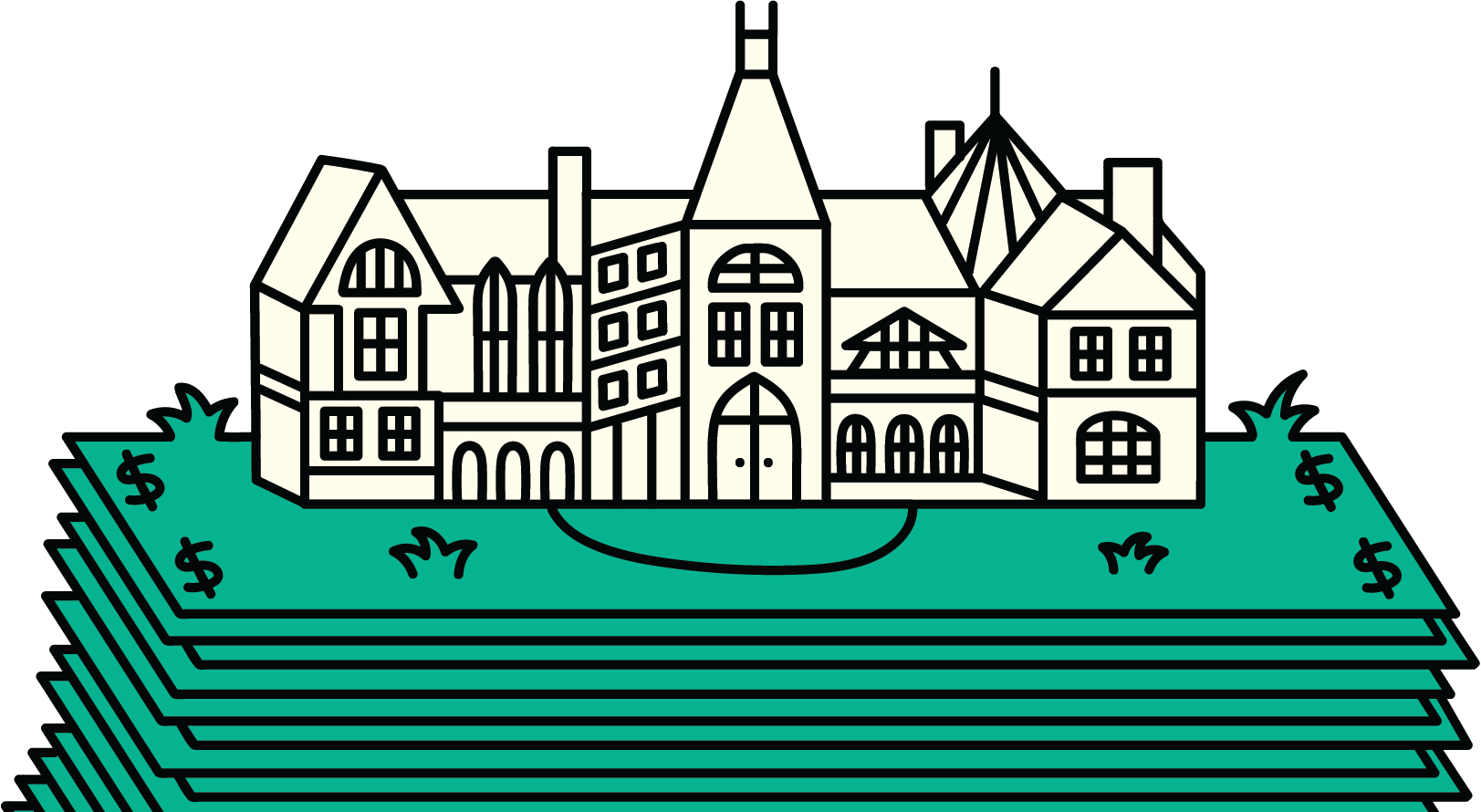The short answer is No. Due to the increasing documentation and scholarship around the continuing legacy systemic racism in our society, as well as increased access to public datasets, we have more proof than ever that both current and past decisions have results that make low-income, small property owners and neighborhoods with high concentrations of persons. Even neighborhoods thoroughly gentrified but formerly largely Black are more likely to be paying more than their fair share of property taxes, such is the legacy public policy of decades past. The inverse is also true. High-income, large property holders, and traditionally white neighrbohoods pay less than their fair share. How do we know this?
The work of Asheville-based tax and equity consultancy firm Urban3 dedicated more than 300 hours of their staff time to prove this on a county wide scale. Their data claims that property owners below the median value are subsidizing those above the median value by up to $5.5 million per year county-wide. This recent article “Something is Clearly Wrong with the Property Tax Appraisal System” by urban planning organization StrongTowns explains briefly the scale of the problem. It’s also recommended to view Urban3’s important presentation to the Buncombe County Ad Hoc Tax Reappraisal Committee given on April 20 by Joe Minicozzi, AICP of Urban3. You may also like to view the PDF of their presentation which is highly enlightening even without the spoken narration and conversations in the video. The Worthmore Project is inspired by that work, and allows you to peek inside the immense pile of public data to compare any single property in Buncombe County with one of the most famous and most visited pieces of land in the world.
Whether racist and inequitable outcomes are intentionally written into the law (de jure) or implemented in organized (or ad hoc) fashion by institutions downstream of the legislative process (de facto), the effect is the same to those experiencing it. The law and its implementation even when “correctly” applied by a seemingly unbiased assessor generates inequitable outcomes. These outcomes favor the largest and wealthiest landowners and punishes the smallest and most impoverished. It could be argued that this was the intention all along. After all, small landowners have little influence over tax policy, and people who pay property taxes indirectly via rental payments as tenants have even less.
If you think that your property is unfairly assessed, you can ask for an appeal for reappraisal during certain windows of time after the appraisal by the county. For most property owners in 2022, this window has unfortunately passed.

